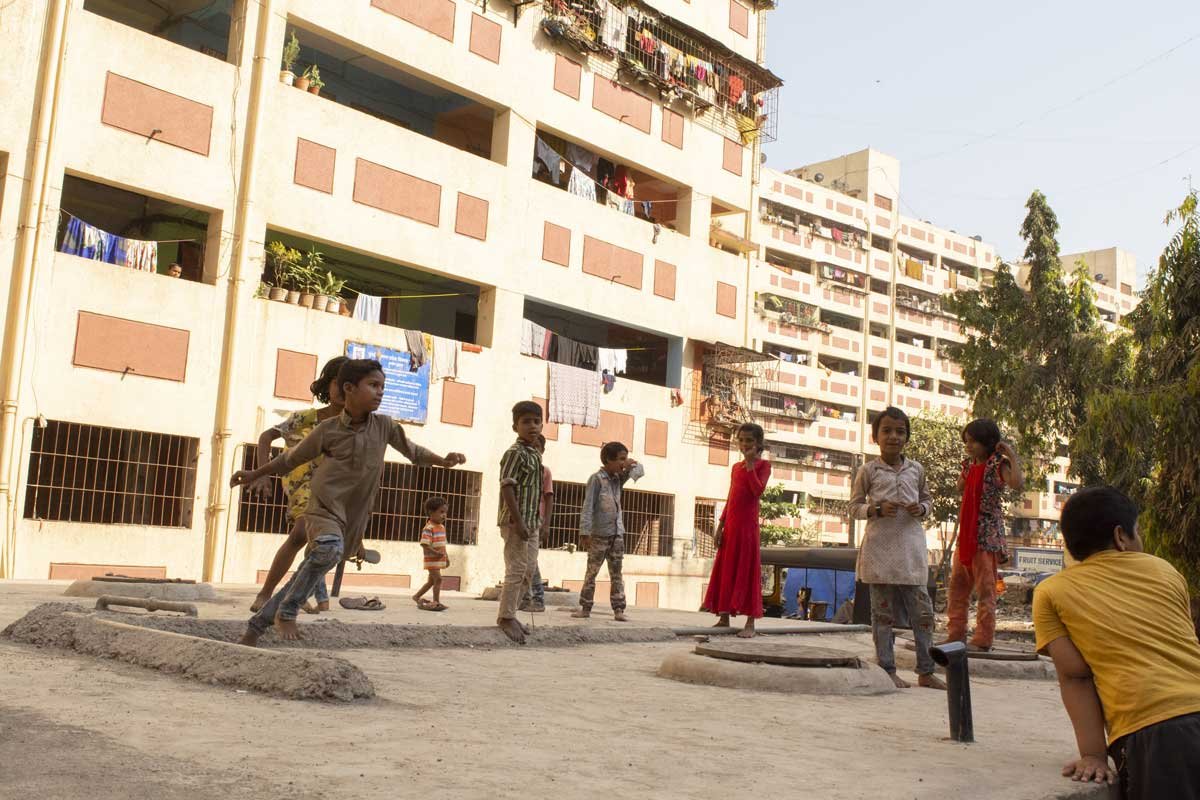Mapping Quality of Life in Resettlement Colonies of Mumbai
AIM
This project aims at being the first step towards assessing policies and practices employed in rehabilitating the urban poor in Mumbai by determining their quality of life, using appropriate socioeconomic and environmental parameters in order to build a case for how the quality of housing impacts people’s well-being. As such, we intend to highlight the disparity between policy and its execution, while also questioning the sustainability of the Slum Rehabilitation Scheme in Mumbai. The information garnered from this study would further fuel a large-scale mapping project of Slum Rehabilitation Authority (SRA) colonies that would be shared on an open source platform made accessible to all and also be used to publish research papers.
APPROACH
The study will use both qualitative and quantitative data to assess the policies and practices employed in rehabilitation for the urban poor communities in Mumbai. This will be measured against the quality of life parameters to build a case on the quality of housing and how it impacts people’s well-being. By selecting a limited sample of SRA projects in the M/E Ward, we plan on constructing a solid and replicable methodology that could eventually provide assessment parameters for measuring quality of life of all SRA Projects across the Mumbai Metropolitan Region.
Status: Ongoing

